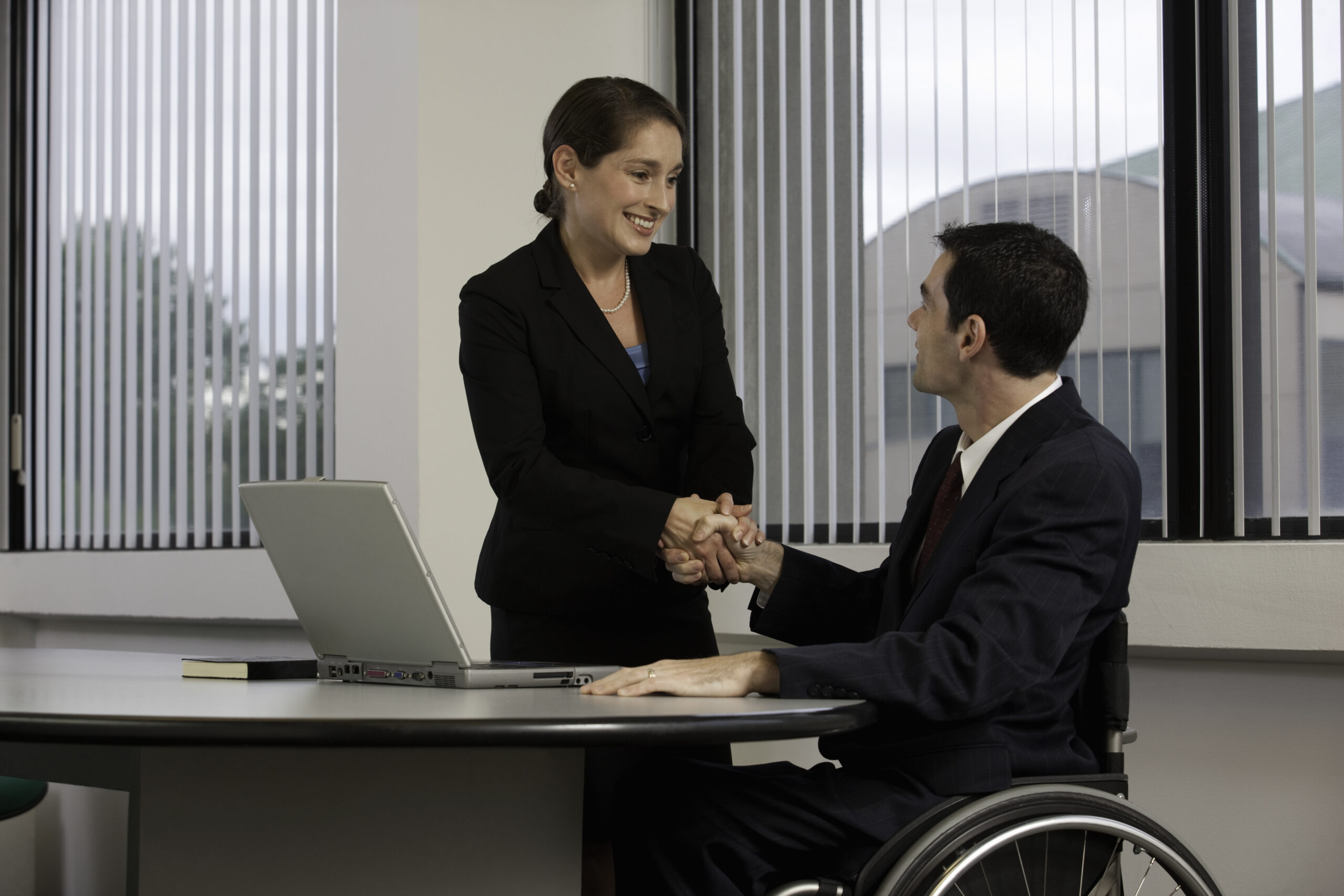January is Poverty Awareness Month, an important opportunity to spotlight the often-overlooked intersection of poverty and disability. For individuals with disabilities, the cycle of poverty is a dual challenge—both a cause and a consequence of systemic exclusion, limited resources, and barriers to education and employment. As a peer-driven, community-based organization that empowers people with disabilities to lead self-directed lives, WILC is committed to helping individuals address these barriers and build pathways toward independence and inclusion.

The Link Between Poverty and Disability
People with disabilities are disproportionately affected by poverty, with an estimated 26% of adults with disabilities living below the poverty line in the United States. Factors such as employment discrimination, lack of access to quality education, and inadequate accommodations are key contributors to this disparity. The high costs of living with a disability—medical care, assistive devices, and accessible transportation—can further deepen financial struggles.
Conversely, poverty itself can lead to disability. Limited healthcare access, unsafe living conditions, and stress-related illnesses often result in long-term health complications or disabilities. This cyclical relationship can make it very difficult for individuals to achieve stability and independence.
Empowering Individuals Through Employment
Employment remains one of the most effective ways to combat poverty for individuals with disabilities, yet barriers persist. According to the U.S. Bureau of Labor Statistics, people with disabilities face an unemployment rate more than twice that of the general population.
WILC addresses these challenges through programs like Access VR Peer Integration, which connects individuals with peers who’ve successfully entered the workforce. These peer connections offer not just practical advice but also encouragement and inspiration to navigate the workforce with confidence.
WILC Access VR Success Story:
Name: SD
Disability: Learning/Depression“Salem came to PIP with multiple challenges. He has been a victim on so many levels. He was in foster care. He did get adopted as a young boy. The adopted father died and SD was crushed. At 19 his adopted mother asked him to leave her house and he had to go to a shelter. He had no support system and has always struggled with deep depression. SD’s journey is truly heart-wrenching in the face of numerous challenges. He carried feelings of being a victim.
He came to me to help him with getting his Peer Certificate. In the meantime, he got an internship at MHA for a Peer Advocate. He is very excited for the position and loves the work. It’s inspiring to hear that he is taking proactive steps towards his recovery and self-improvement by pursuing a Peer Certificate. Securing the internship is a significant milestone for him, especially since it aligns with his experiences and aspirations. This position not only provides him with valuable experience but also offers a chance to rebuild his sense of purpose and connection with others. It’s encouraging to see Salem on this path.”
SD said “I am so grateful for not only the support of this program but the belief in me that I can achieve my goals”
Preparing Youth for Employment Success
Transitioning from school to the workforce is particularly challenging for young people with disabilities, but WILC’s transition programs are designed to equip them with essential skills like resume writing, interview preparation, and understanding workplace accommodations.
Jessica Baumann, WILC’s Director of Educational Advocacy Services, emphasizes the value of early preparation:
“Improving post-school outcomes for transition-age students with disabilities is a main component of WILC’s education advocacy program. A comprehensive transition plan helps students achieve their goals—whether it’s securing a job, attending college, or developing independent living skills.”
Cynde Stratton, Independent Living Advocate at PILS, expands on how these programs address systemic inequities:
“Our transition program offers a holistic approach to employment preparation. Unfortunately, poverty limits ‘real world’ life exposure for individuals with disabilities. Our primary focus is on independent living skills—environmental awareness, communication, money management—which are monumental precursors to employment success.”
Breaking the Cycle Together
As we reflect on Poverty Awareness Month, let’s recognize the unique challenges faced by individuals with disabilities and commit to fostering a society that values inclusion and equity. The cyclical relationship between poverty & disability demands systemic solutions, and WILC continues to advocate for accessible education, affordable housing, and workplace accommodations, in order to empower individuals with disabilities to live independently and contribute meaningfully to their communities.
If you or someone you know could benefit from WILC’s resources and programs, don’t hesitate to reach out. Together, we can create opportunities that empower individuals and strengthen our community.
Contact WILC today to learn more about our programs and services.

